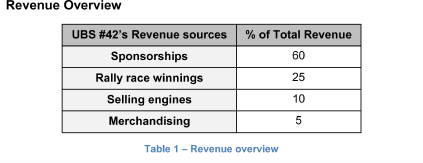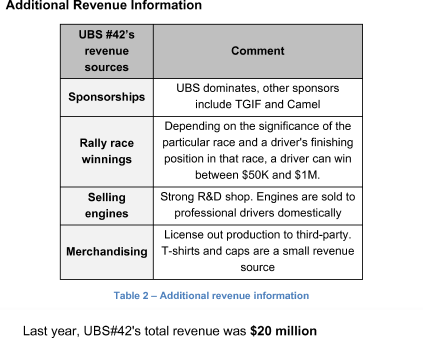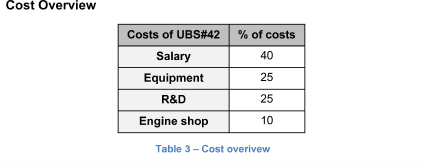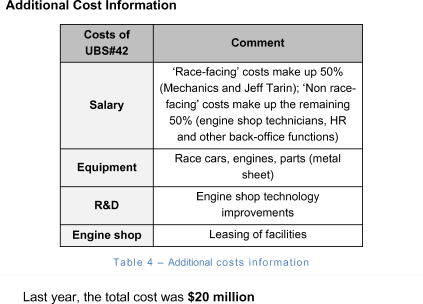Rally racing
Your client is the owner of UBS #42, a rally racing team. There are 36 races in a season. At the end of the season, the driver who has earned the most number of points will win the championship.
Jeff Tarin, a well-known driver, races for UBS #42. He began racing in this tournament six years ago and is currently ranked fifth in a field of 40 drivers.
The director of marketing at Jazz Sweets recently contacted your client to ask whether your client would like to start a second racing team that Jazz Sweets could sponsor. The director realizes that rally racing is the fastest-growing race sport segment among males aged 18-45.
He has already asked a successful driver from a regional conventional racing circuit to be the new team’s first driver. Your client wants to know whether he should go ahead with this opportunity.
Case Comments
Further Questions
Note for Interviewer
Additional questions
If the interviewee solves the case very quickly, you can come up with more challenging questions to ask them.
1. Should we ask Jazz Sweets to pay a premium sponsorship (more than $6 million) if they are the only sponsors of the new team?
2. What are the main risks involved in launching a new team? How would you avoid these risks?









